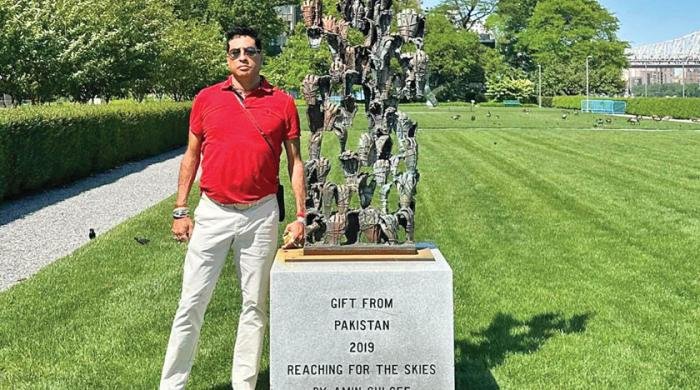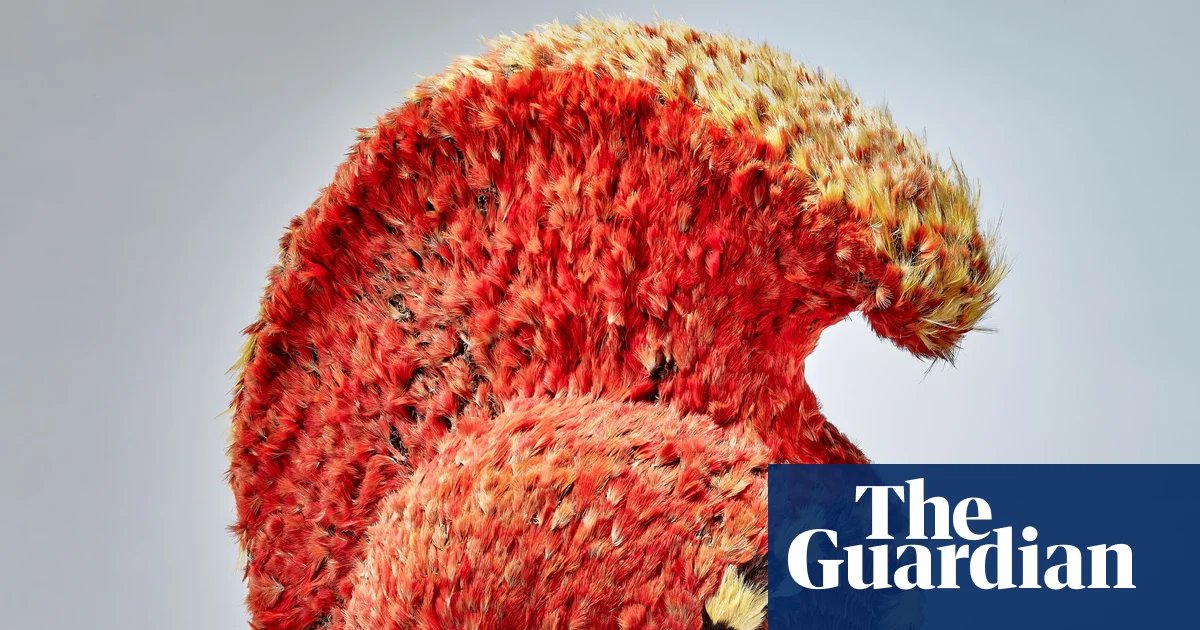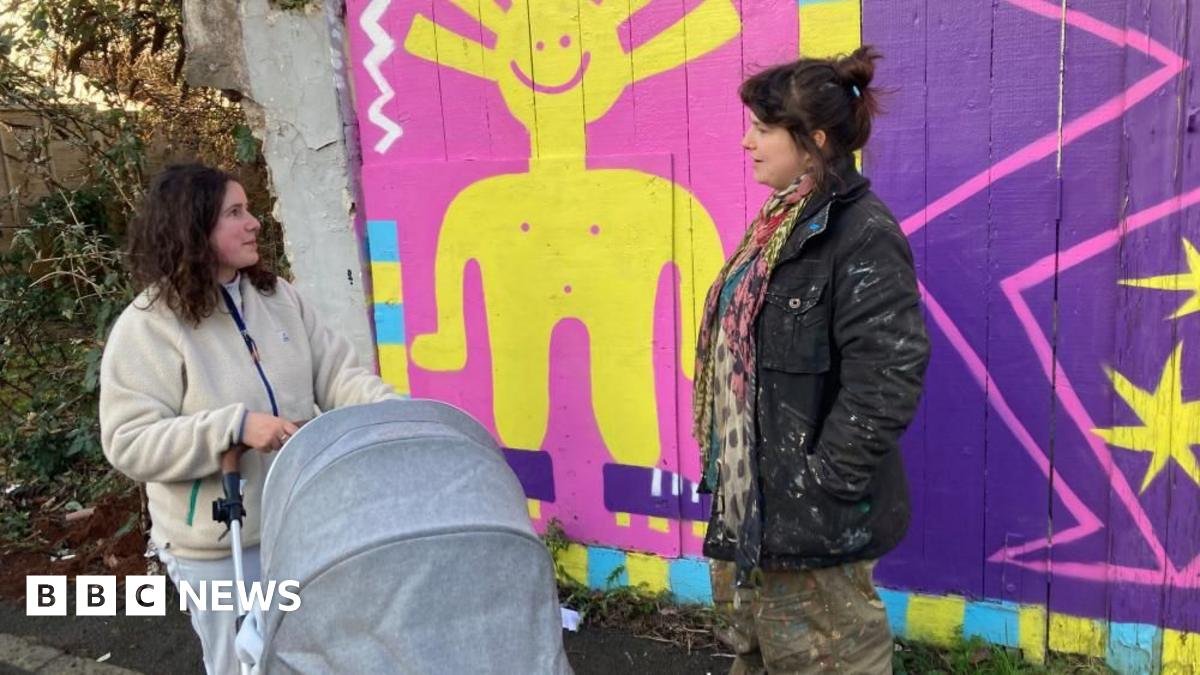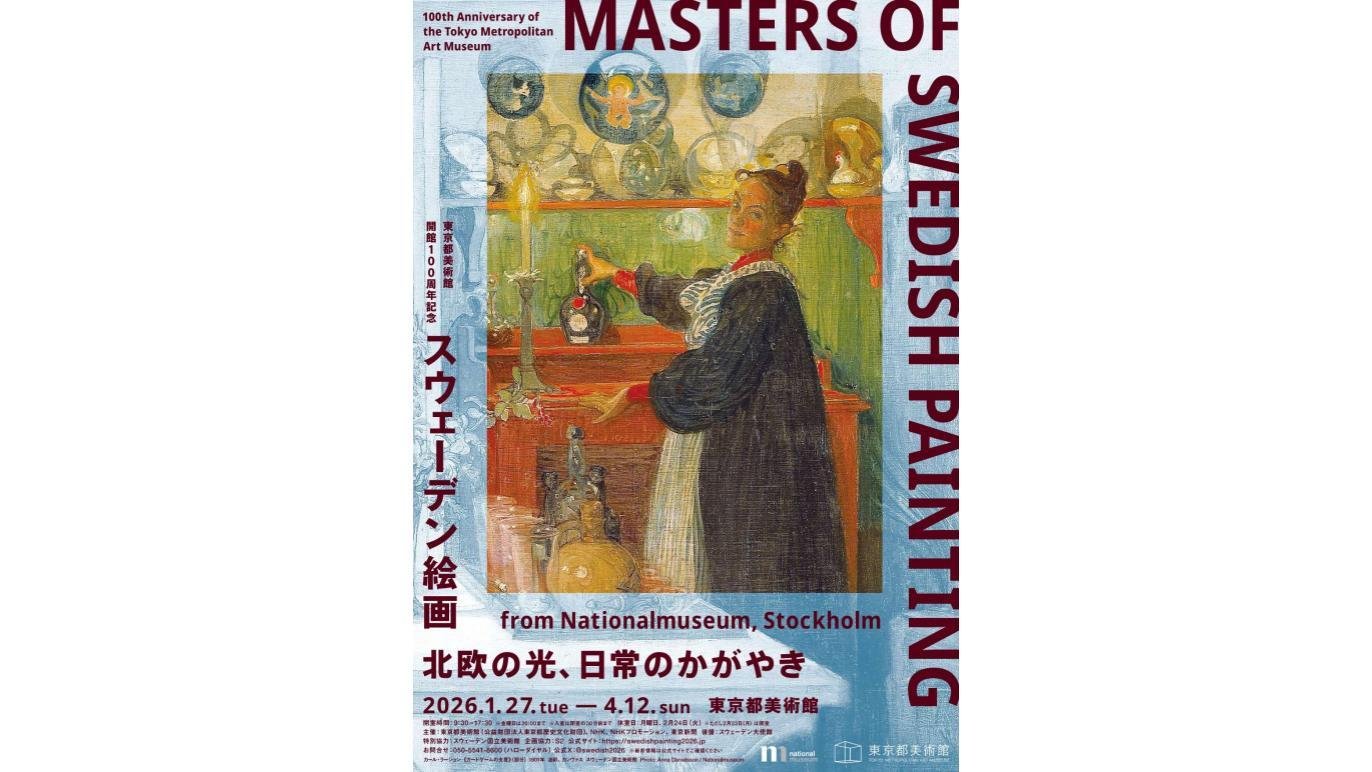From Yale’s academic halls to diverse art scenes around the world, renowned artist Amin Gulgee takes You! on the unique journey he carved out for himself…
art
Sometimes in life, the most fulfilling paths are those we never intended to take. As was the case for Amin Gulgee, whose journey from a reluctant economist to a celebrated artist is nothing short of a rollercoaster, filled with unexpected turns and bursts of creativity. Despite his esteemed lineage – his father Ismail Gulgee, who was a renowned Pakistani Modernist – art was the last thing on his mind as he embarked on his academic journey. “Growing up, both of my parents were very liberal with me. The only thing they asked of me was, ‘Please don’t be an artist,’ and I told them not to worry, it would not happen,” Amin reminisces.
With a firm resolve, Amin set off to Yale University, determined to avoid the artistic path. His plan seemed straightforward: graduate in economics and never return to Pakistan.
However, fate had other plans. It was a friend’s insistence that led him to his first art history class on the Baroque Period, taught by the charismatic Judith Colton. “In my first year there, on the insistence of my friend Dominque Malaquais, I went to my first art history class, which was about the Baroque Period,” he recounts. “I absolutely loved the instructor. She spoke of gardens, and this set me on the path to a second major in Art History.” This serendipitous encounter ignited his interest in Art History, leading him to a thesis project that was both personal and pioneering. Despite the absence of an Islamic Art History department at Yale, Amin pursued a thesis on the Shalimar Garden in Lahore, guided by Harvard’s Dr Oleg Grabar. His efforts were rewarded with the Conger B. Goodyear award from Yale’s Art History department. “I was young in the ’90s and all of my education in Art History at Yale had been Western. I felt there was a real need for me to reclaim the sources of inspiration from my South Asian heritage.”
Back in Pakistan, Amin embraced his artistic lineage with a fervour that surprised even him. His early curatorial efforts in the late 1990s, particularly the ‘Urban Voices’ exhibition series, showcased both emerging and established Pakistani artists and laid the groundwork for what would become the Amin Gulgee Gallery in 2000. This artist-led, non-commercial space quickly became a beacon for experimental and avant-garde art in Karachi.
Amin’s artistic expression isn’t confined to traditional mediums. His performances are legendary, blurring the lines between sculpture, installation, and live art. In 2017, Amin took on the monumental task of serving as Chief Curator for the inaugural Karachi Biennale, Pakistan’s first biennial. The event, themed ‘Witness’ featured works by 182 artists from around the globe, transforming 12 venues across Karachi into vibrant canvases. This biennale marked a significant milestone in Pakistan’s contemporary art scene, showcasing Amin’s vision and leadership.
Internationally, Amin’s work has been showcased in numerous prestigious venues. His solo exhibition, ‘7’ debuted at the Wei-Ling Contemporary in Kuala Lumpur, Malaysia, in 2018. This exhibition later travelled to the Galleria d’Arte Moderna in Milan, Italy, and the Museum of Contemporary Art Rome (MARCO) in Rome, Italy, reflecting the global appeal and significance of his work.
Amin’s contributions to the art world have been widely recognised. In addition to the President’s Pride of Performance, he has been named one of the Pakistan Power 100 and is featured on the Metropolitan Museum of Art’s Heilbrunn Timeline of Art History. These accolades underscore his influence and importance in both the Pakistani and global art scenes.
Amin’s sculptures, often reflecting his Sufi beliefs and Islamic art influences, are celebrated worldwide. His exhibitions have graced galleries across the USA, Europe, the Middle East, and Asia.
His works are more than just art; they are spiritual journeys exploring the essence of being and the divine. Recognised as one of Pakistan’s most influential sculptors, Amin has garbered various accolades.
Despite his global success, commissioned work remains a fazing prospect for Amin. “Even in the beginning of my career as an artist, I always thought that I would much rather make a small pendant, over which I had complete control, rather than a monumental sculpture dictated to me by a client,” he confesses.
Beyond his personal artistic endeavours, Amin has significantly contributed to Pakistan. The Amin Gulgee Gallery is more than just a gallery; it is a cultural space that hosts a variety of events, including exhibitions, performances, and artistic dialogues. The gallery has become a crucible for new ideas, pushing the boundaries of contemporary art in Pakistan. Each exhibition is accompanied by a catalogue, providing a comprehensive look at the featured works and artists, further cementing the gallery’s role as an essential cultural institution in Karachi.
Amin’s performances are a critical component of his practice, often interwoven with his sculptural work. His performances are not merely artistic expressions but are deeply personal and often challenge societal norms. For example, in ‘Alchemy’ Amin transformed the catwalk into a stage for his large metal objects, worn by models, creating a dramatic fusion of fashion and art. His performance ‘Love Marriage’ at the Indus Valley School of Art and Architecture in Karachi blurred gender lines, challenging traditional roles and norms.
Amin’s work often explores themes of identity, spirituality, and cultural heritage. The elemental forms and simple scripts in his work are not just aesthetic choices but are deeply symbolic, representing his quest for a pure and immediate union with the divine, imbued with a spiritual essence, often reflecting his fascination with Sufism and the spiritual side of Islam
Despite his accolades and global recognition, Amin remains deeply connected to his roots and committed to fostering artistic talent in Pakistan. The Amin Gulgee Gallery continues to be a nurturing ground for young and emerging artists, providing them with a platform to showcase their work and engage in meaningful artistic dialogues. Amin’s dedication to his craft and his community is evident in every aspect of his work, from his meticulous sculptures to his dynamic performances and his visionary curatorial projects.
His approach to art remains refreshingly authentic. “My goal is to create what I believe in, no matter how the world takes it. I have not compromised my integrity; I am free and have been working freely for the last 20 years. This is my dream project; I am living it,” he asserts with a smile.
To add to his impressive achievements, he is currently in Paris, at Recollets – a residency. He has been nominated by Benedicte Alliot, director of the Cité Internationale des Artes, to write his life memoir. With this memoir, he is reflecting on his journey that has been as unexpected as it is inspiring.






